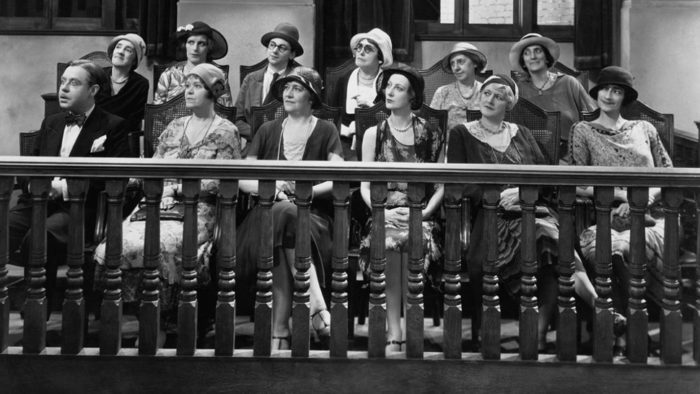Jury selection or “voir dire” is commonly regarded as the most important part of the American trial system. Cases are won and lost in jury selection, even before evidence is heard.
Voir Dire in Latin means to “speak the truth.” This in some ways refers to the conversation that jurors have with the opposing lawyers about their personal viewpoints and life experiences. There are a number of different goals that lawyers have when picking a jury. However, you want jurors who will be sympathetic to you side of a case.
COLORADO LAW ON JURY SELECTION
Legally speaking, you want to remove people through jury selection that have a bias against you, your client, or your case. The removal of jurors is either done through a judge’s questions or through lawyer’s challenges. Lawyers have two types of challenges, for cause challenges and peremptory challenges. For cause challenges are requests to remove jurors because they have an explicit bias that is barred under the law. Maybe someone knows the parties or case, or can’t follow the rules of law. Peremptory challenges are more discretionary. A juror can be removed for a peremptory challenge by a lawyer for almost any reason. In trial, each side will get the same amount of peremptory challenges.
The law that controls jury selection is mainly found in the rules of procedure and caselaw, but the right to a fair jury is also a constitutional right.
In criminal cases, jury selection is controlled in part by the Colorado Rules of Criminal Procedure Rule 24 that states:
“The existence of a state of mind in a juror manifesting a bias for or against the defendant, or for or against the prosecution, or the acknowledgement of a previously formed or expressed opinion regarding the guilt or innocence of the defendant shall be grounds for disqualification of the juror, unless the court is satisfied that the juror will render an impartial verdict based solely upon the evidence and the instructions of the court;” CRCP Rule 24 (b)(1)(X)
In civil cases, the Colorado Civil Rules of Procedure Rule 99 further states:
“Challenges for cause may be taken on one or more of the following grounds: (1) A want of any of the qualifications prescribed by the statute to render a person competent as a juror; (2) Consanguinity or affinity within the third degree to any party; (3) Standing in the relation of guardian and ward, master and servant, employer and clerk, or principal and agent to either party, or being a member of the family of any party; or a partner in business with any party or being security on any bond or obligation for any party; (4) Having served as a juror or been a witness on a previous trial between the same parties for the same cause of action; (5) Interest on the part of the juror in the event of the action, or in the main question involved in the action, except the interest of the juror as a member, or citizen of a municipal corporation; (6) Having formed or expressed an unqualified opinion or belief as to the merits of the action; (7) The existence of a state of mind in the juror evincing enmity against or bias to either party.” CRCP
TECHNIQUES FOR JURY SELECTION
In trying to get the best jury they can, lawyers use a number of different techniques. Volumes have been written on the best way to pick a jury. Generally, there are two camps on jury selection methods. Asking questions that will identify jurors who are biased against your case, so you can remove them from the jury. As well as, asking questions that will educate the jury to explain your case.
Getting jurors to talk openly about biases can be difficult. This is on jury duty. No one expects to go to jury selection and then air your personal beliefs or life experiences with a room of strangers. However, effectively getting people to discuss their potential biases is at the crux of what effective jury selection is.
—
Taking a case to trial is time-consuming and complex. The criminal defense attorneys at Kalamaya | Goscha have extensive trial experience. Should you find yourself charged with a crime, our team will expertly guide you through the process.

